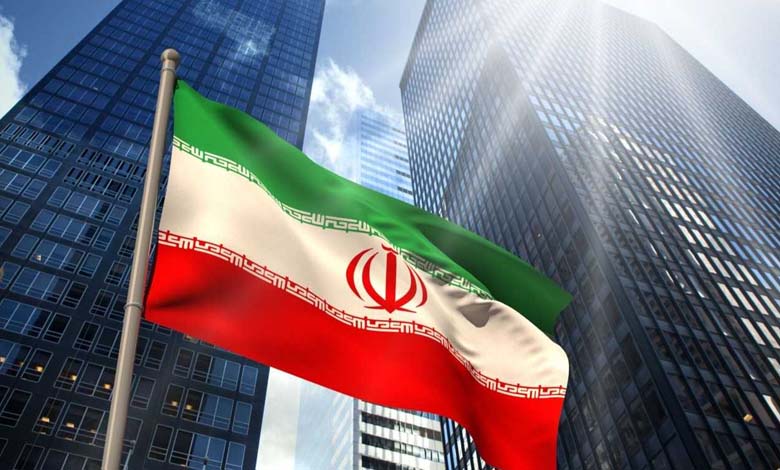Sanctions on Iran Threaten the Regime as Public Anger Grows

Divisions are widening within Iran’s ruling elite over how to handle the crisis: some advocate a tougher stance, while others fear it could lead to the collapse of the Islamic Republic.
The clerical leadership is facing one of the most serious crises since the 1979 Islamic Revolution, grappling with mounting domestic discontent and the deadlock in nuclear negotiations, which has deepened the country’s isolation and internal divisions.
-
Hours before sanctions… Iran protests against Europe’s snapback mechanism and recalls its ambassadors
-
Sanctions: Can Iran Survive Through a Last-Minute Solution?
On Saturday, the United Nations reinstated sanctions on Iran after last-minute talks between Tehran and the European powers – the United Kingdom, France, and Germany – failed to resolve the latest in a decades-long series of disputes over Iran’s nuclear program.
With no breakthrough in sight, four Iranian officials and two informed sources predicted that the country’s economic isolation would intensify, fueling further public anger. Yet they cautioned that accepting Western demands would fracture the ruling elite and undermine the Islamic Republic’s revolutionary principles of defying outside pressure.
“The clerical establishment is caught between a rock and a hard place. The very existence of the Islamic Republic is at risk… Our people can no longer bear more economic hardship or another war,” said one senior official.
-
Iran executes man convicted of spying for Israel
-
Iran’s Nuclear Program Surpasses the Threshold of Military Resolution: Uranium at a Dangerous Level
Concerns are also growing in Tehran over the possibility of new Israeli strikes on nuclear sites if diplomacy fails. Iran was already shaken by the 12-day war in June, which began with Israeli airstrikes followed by U.S. bombings of three nuclear facilities, just one day before a scheduled new round of nuclear talks with Washington.
Former U.S. President Donald Trump and Israeli Prime Minister Benjamin Netanyahu declared they would not hesitate to strike Iran again if uranium enrichment resumed, a step widely seen as advancing toward nuclear weapons capability.
-
Large-scale cleanup operation at a nuclear site: Is Iran erasing evidence of secret activity?
-
Under the Rubble… Iran reveals the fate of uranium after the U.S. strike
The European troika – the UK, France, and Germany – reactivated in late August the snapback mechanism to restore UN sanctions, accusing Tehran of violating the 2015 nuclear deal. These measures, which came into force on Saturday, target oil, banking and finance, arms, and ballistic missile activities, and also impose a global asset freeze and travel bans.
The sanctions further strain an economy already weakened by years of embargoes and mismanagement. Official inflation stands around 40 percent, with some estimates exceeding 50 percent. In recent months, Iranian media have reported sharp increases in food prices, housing costs, and services, fueled by the plunging rial and soaring raw material costs.
-
Iranian-European Talks on Nuclear Issue and Sanctions
-
After the war… 4 scenarios shaping Iran–U.S. relations
Many Iranians, like Shima, a 36-year-old elementary school teacher and mother of two, voiced concern: “We are already struggling to cover our expenses. More sanctions mean more economic pressure. How will we survive?” she told Reuters by phone from Tehran.
While China remains Iran’s main oil customer and one of the few countries still engaging in trade with Tehran, the sustainability of these exports is highly uncertain under renewed UN sanctions.
The clerical leadership fears that growing public anger over economic hardship could erupt into mass protests, further damaging its international standing. Some Iranian policymakers believe that maintaining the status quo – no war, no agreement, but ongoing talks – may be the least damaging option, avoiding both concessions and military escalation.












